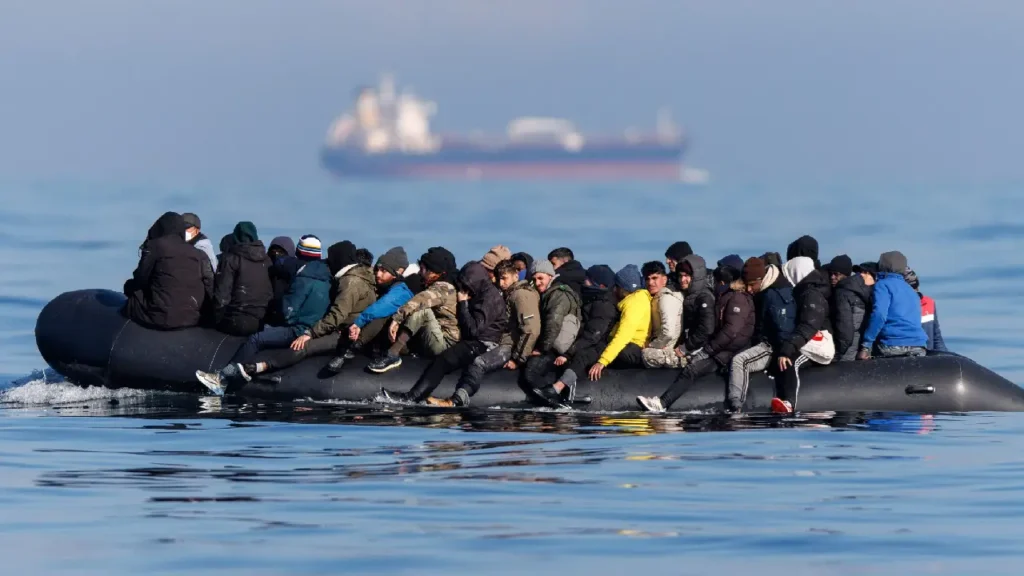At the same time, cross-channel migrant smuggling has become more organized and commercialized, especially since 2018 when smuggling networks started to apply small boats intensively because of heightened security checks along the land routes and inside the Channel Tunnel.
On the contrary, the number of migrant crossings reached its peak this year with more than 45,000 illegal entries, nearly all coming from northern France to the UK. Organized crime groups, mainly Kurdish networks in coordination with Albanian smugglers, are running highly coordinated operations.
These groups employ large numbers of people as migrant guides, logistics drivers and observers of the activities of the law enforcement authorities; this method is effective, and it holds migrants for the minimum period possible in vulnerable coastal areas.
The voyages are dangerous: inflatables are often overcrowded, and since 2019 almost 60% of the deaths of known migrants in the Channel are cited partly because the boats are flimsy. Migrants face high levels of physical and monetary risk: the money they pay to smugglers, estimated to be thousands of euros and totaling approximately €150 million annually, paid in markets perceived as dangerous. The crisis needs to be addressed with humanitarian and security approaches, from disrupting smuggling networks to addressing the demand.
Learn more from the Global Initiative’s analysis of the smuggling networks and their implications on migrant safety here.
